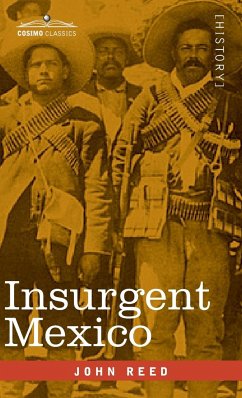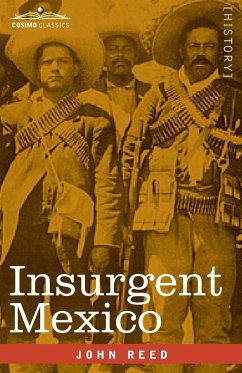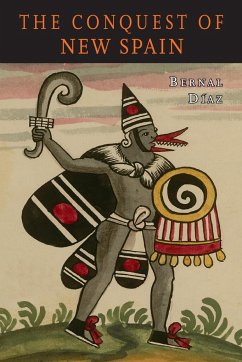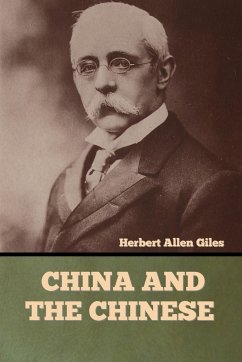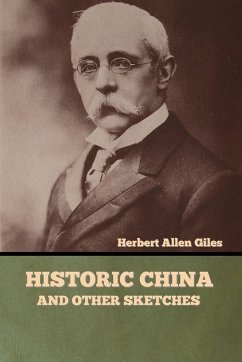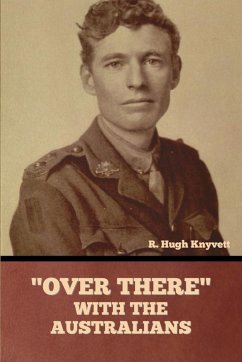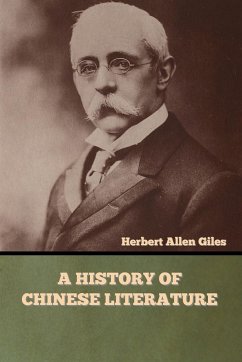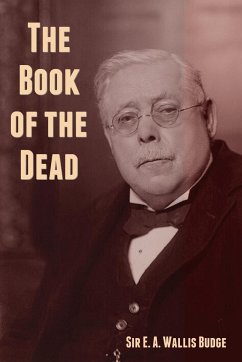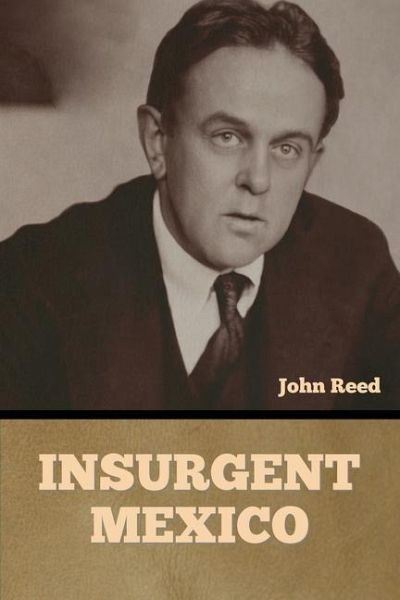
Insurgent Mexico
Versandkostenfrei!
Versandfertig in 1-2 Wochen
16,99 €
inkl. MwSt.

PAYBACK Punkte
8 °P sammeln!
Reed's descriptions of the revolution, fought in Mexico's northern desert, puts you right in the saddle riding with Pancho Villa and his men. The rough, patchy reportage, which reads more like field notes than a finished manuscript, only lends to the authenticity. (Daniel Gair) About the author: John "Jack" Silas Reed (October 22, 1887 - October 17, 1920) was an American journalist, poet, and communist activist. Reed first gained prominence as a war correspondent during the Mexican Revolution for Metropolitan and World War I for The Masses. He is best known for his coverage of the October Revo...
Reed's descriptions of the revolution, fought in Mexico's northern desert, puts you right in the saddle riding with Pancho Villa and his men. The rough, patchy reportage, which reads more like field notes than a finished manuscript, only lends to the authenticity. (Daniel Gair) About the author: John "Jack" Silas Reed (October 22, 1887 - October 17, 1920) was an American journalist, poet, and communist activist. Reed first gained prominence as a war correspondent during the Mexican Revolution for Metropolitan and World War I for The Masses. He is best known for his coverage of the October Revolution in Petrograd, Russia, which he wrote about in his 1919 book Ten Days That Shook the World. Reed supported the Soviet takeover of Russia, even briefly taking up arms to join the Red Guards in 1918. He hoped for a similar Communist revolution in the United States, and co-founded the short-lived Communist Labor Party of America in 1919. He died in Moscow of spotted typhus in 1920. At the time of his death he may have soured on the Soviet leadership, but he was given a hero's burial by the Soviet Union, and is one of only three Americans buried at the Kremlin Wall Necropolis. Reed's interpretation in popular culture has varied. Some, such as biographer Robert A. Rosenstone, have called him a romantic, while Upton Sinclair derided him as a "playboy of the revolution". For the Communist movement to which he belonged, Reed became a symbol of the international nature of the Bolshevik revolution, a martyr buried at the Kremlin wall amid solemn fanfare, his name to be uttered reverently as a member of the radical pantheon. Others, such as his old friend and comrade Benjamin Gitlow, claimed that Reed had begun to shun the bureaucracy and violence of Soviet Communism toward the end of his life. They sought to posthumously enlist Reed in their own anti-communist cause. (wikipedia.org)





